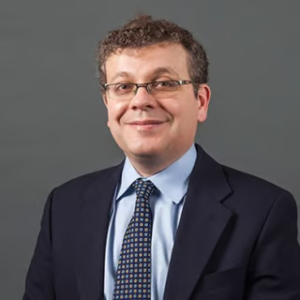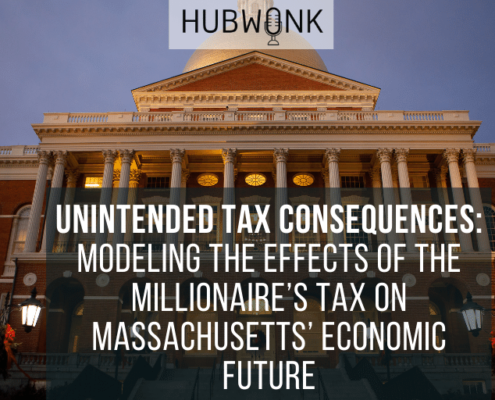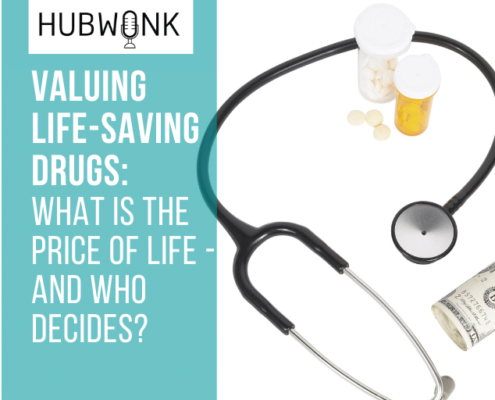Supreme Debt Consideration: Will Biden’s Student Debt Cancellation Get Passing Grade?
Joe Selvaggi talks with constitutional scholar Ilya Somin about the merits and likely success of the two Supreme Court cases Nebraska v. Biden and Department of Education v. Brown, which challenge the President’s constitutional right to cancel more than $400 billion in student debt.
Guest:
 Ilya Somin is Professor of Law at George Mason University. His research focuses on constitutional law, property law, democratic theory, federalism, and migration rights. He is the author of his most recent book, Free to Move: Foot Voting, Migration, and Political Freedom (Oxford University Press, 2020, revised and expanded edition, 2021). Somin’s writings have been cited in decisions by the United States Supreme Court, multiple state supreme courts and lower federal courts, and the Supreme Court of Israel. He has testified on the use of drones for targeted killing in the War on Terror before the US Senate Judiciary Subcommittee on the Constitution, Civil Rights, and Human Rights. Before joining the faculty at George Mason, Somin was the John M. Olin Fellow in Law at Northwestern University Law School in 2002-2003. In 2001-2002, he clerked for the Hon. Judge Jerry E. Smith of the U.S. Court of Appeals for the Fifth Circuit. Professor Somin earned his BA, Summa Cum Laude, at Amherst College, MA in Political Science from Harvard University, and JD from Yale Law School.
Ilya Somin is Professor of Law at George Mason University. His research focuses on constitutional law, property law, democratic theory, federalism, and migration rights. He is the author of his most recent book, Free to Move: Foot Voting, Migration, and Political Freedom (Oxford University Press, 2020, revised and expanded edition, 2021). Somin’s writings have been cited in decisions by the United States Supreme Court, multiple state supreme courts and lower federal courts, and the Supreme Court of Israel. He has testified on the use of drones for targeted killing in the War on Terror before the US Senate Judiciary Subcommittee on the Constitution, Civil Rights, and Human Rights. Before joining the faculty at George Mason, Somin was the John M. Olin Fellow in Law at Northwestern University Law School in 2002-2003. In 2001-2002, he clerked for the Hon. Judge Jerry E. Smith of the U.S. Court of Appeals for the Fifth Circuit. Professor Somin earned his BA, Summa Cum Laude, at Amherst College, MA in Political Science from Harvard University, and JD from Yale Law School.
More from Ilya Somin:
- SCOTUSblog, “Don’t let the executive abuse emergency powers to raid the Treasury,” February 21, 2023
- The Volokh Conspiracy, “Thoughts on Today’s Supreme Court Student Loan Forgiveness Oral Argument,” February 28, 2023
WATCH:
Recent Episodes







